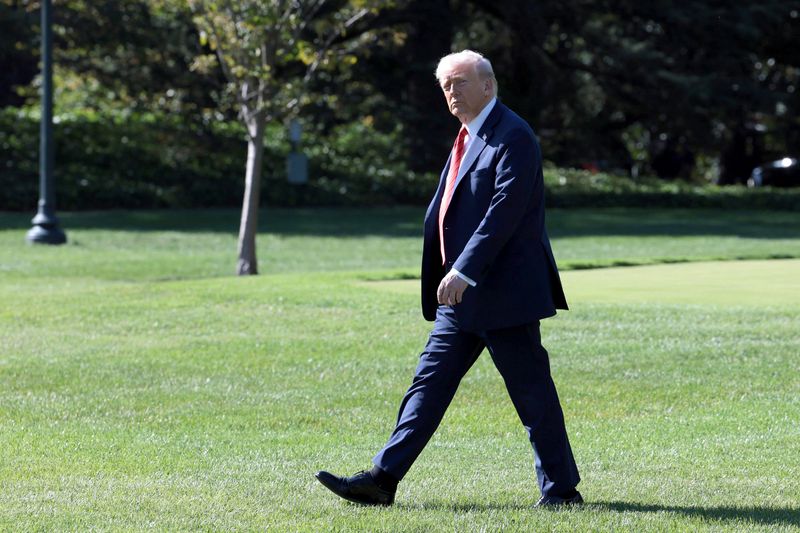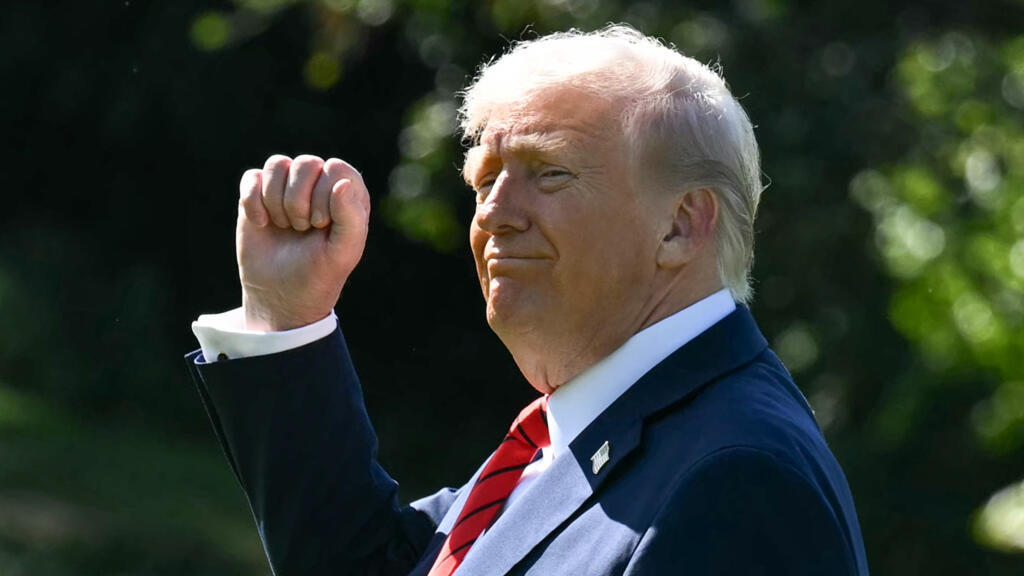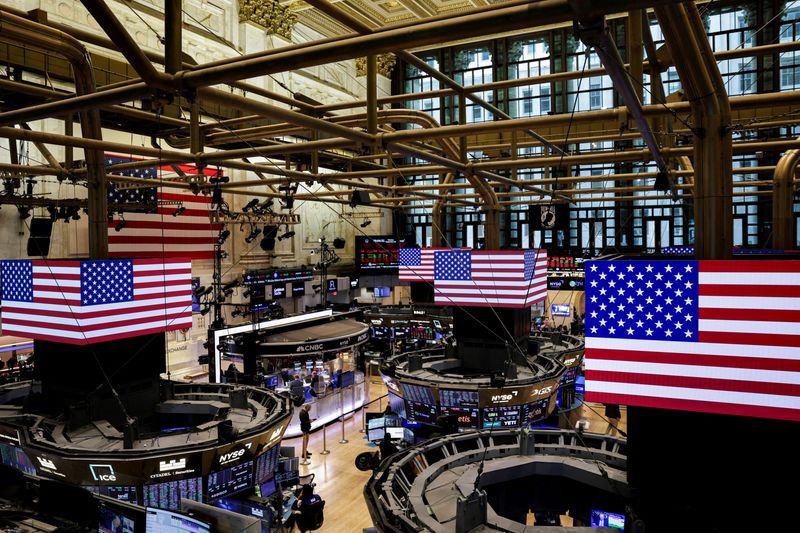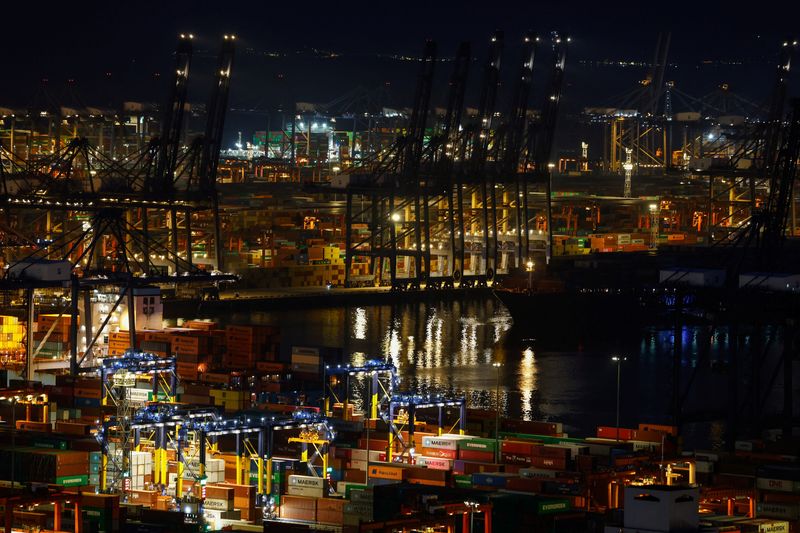EU should combat ‘plundering’ China as ‘lifestyle superpower’, says aid chief
PositiveFinancial Markets

The European Union is stepping up its efforts to counter China's influence, which is being described as 'plundering' in nature. With a substantial €300 billion aid program, EU Commissioner Jozef Sikela emphasizes the importance of using this financial muscle to enhance the EU's geopolitical standing. This initiative is significant as it not only aims to support development in various regions but also positions the EU as a formidable player on the global stage, challenging China's growing dominance.
— Curated by the World Pulse Now AI Editorial System












